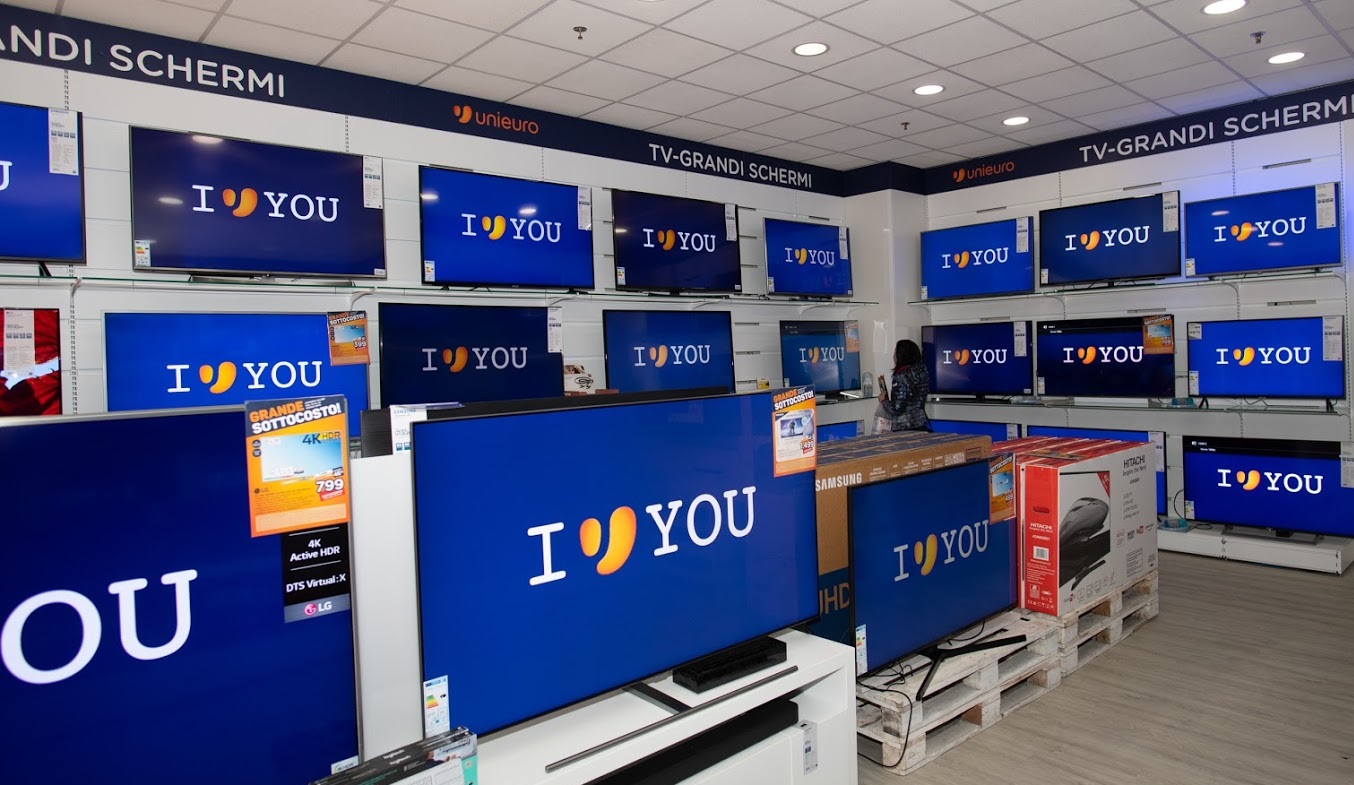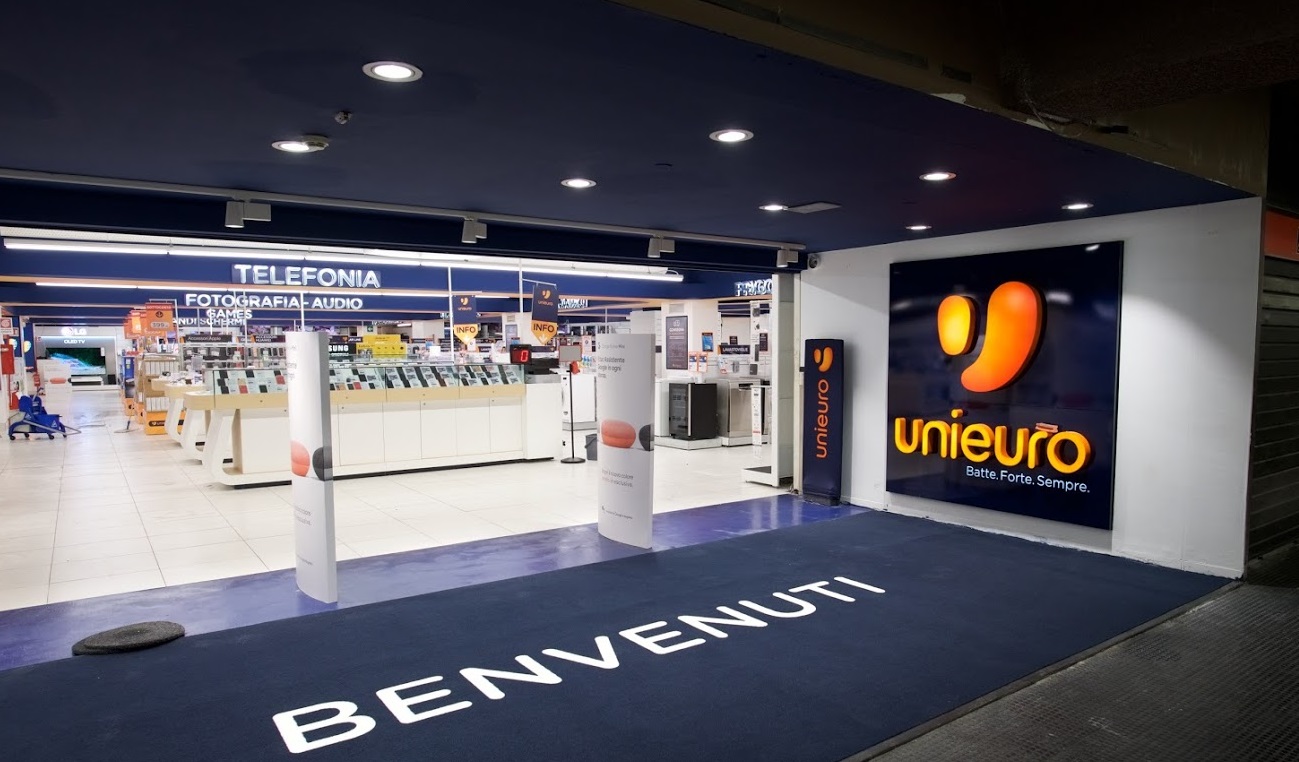
The COVID-19 crisis has made the retail world face a dilemma that was already present before the pandemic but has been made much more pressing by events.
How can a large retailer, with its vast display and sales areas, and which has always made personal contact between the sales consultant and the customer one of its strong points, respond when these areas are closed for weeks, if not months, and the direct relationship with the customer is no longer possible?
The Unieuro group, one of the largest consumer electronics retail distributors in Italy, which originated from several M&A operations over the years, has a turnover of about 2.45 billion euros, roughly 500 stores and five thousand employees. Before the pandemic, the percentage of its online sales was about 10%. During the pandemic (based on data collected while the crisis was still ongoing), this percentage jumped to 50%. With the pandemic and stores closed for long periods or only accessible by customers for relatively short intervals, the group faced a strategic dilemma of whether to focus even more on online sales or return to a strategy that prioritizes offline sales once the pandemic has passed. What is the post-Covid-19 “new normal” for a retailer this size and having these characteristics?

In the midst of the lockdown, Unieuro’s long-time CEO, Giancarlo Nicosanti Monterastelli, convenes a meeting with two of his closest associates in the group’s top management and two external consultants who know the group’s reality inside out.
The participants’ positions are essentially on two opposite sides, presenting pros and cons of the different solutions. At the end, the door is left purposely open on the final strategic decision, except for the recognition by all of the need to embrace a multichannel or omnichannel model and avoid the cannibalization of one channel by the other. Recently, Unieuro has also started to pursue a different path, launching the experience of about twenty shop-in-shops, that is, commercial spaces inside larger contexts (hypermarkets) managed by others. During the meeting, the CEO himself provides more of a spur for the discussion than a definitive summary, avoiding presenting the participants with a ready-made solution at the beginning of the discussion.
So how did the dialogue between Unieuro’s top management and the consultants develop?
On the one hand, an even more pronounced shift towards online sales would highlight some of the group’s still sub-optimal digitization problems (in addition to the fact that Italy lags behind other countries in e-commerce even after the post-pandemic leap), it would underutilize the expertise of staff in in-person customer service and fail to take advantage of the fact that in-store customers tend to spend more than online customers do and appreciate the shopping experience more. On the other hand, physical selling exposes the group to much higher costs (rent, personnel, etc.) especially in the face of purely online competitors, such as Amazon, and prevents it from fully exploiting the potential of data analytics, considered crucial to the group’s future development. Among other hypotheses, the possibility of differentiating the target customers by age is also aired.

There are three approaches considered by the Unieuro top management meeting, which can also be considered in a complementary way. The first, which can also be utilized in “normal” times, examines the balance between online and offline, explores their strengths and weaknesses using performance metrics and identifies actions to be taken to integrate the two channels more closely, avoiding the cannibalization of one over the other. The second considers a more difficult scenario, such as that presented by the pandemic, and assumes that you cannot segment customers between online and offline. The third integrates the previous two but tends to focus on the possibilities of digital marketing and customer experience. The three approaches, as finally assessed, can also be used consecutively. While this may seem like a rather Solomonic conclusion, contradicting the decisiveness we expect from great managers, it does, after all, only confirm the old joke: “When you come to a fork in the road, take it!”.



